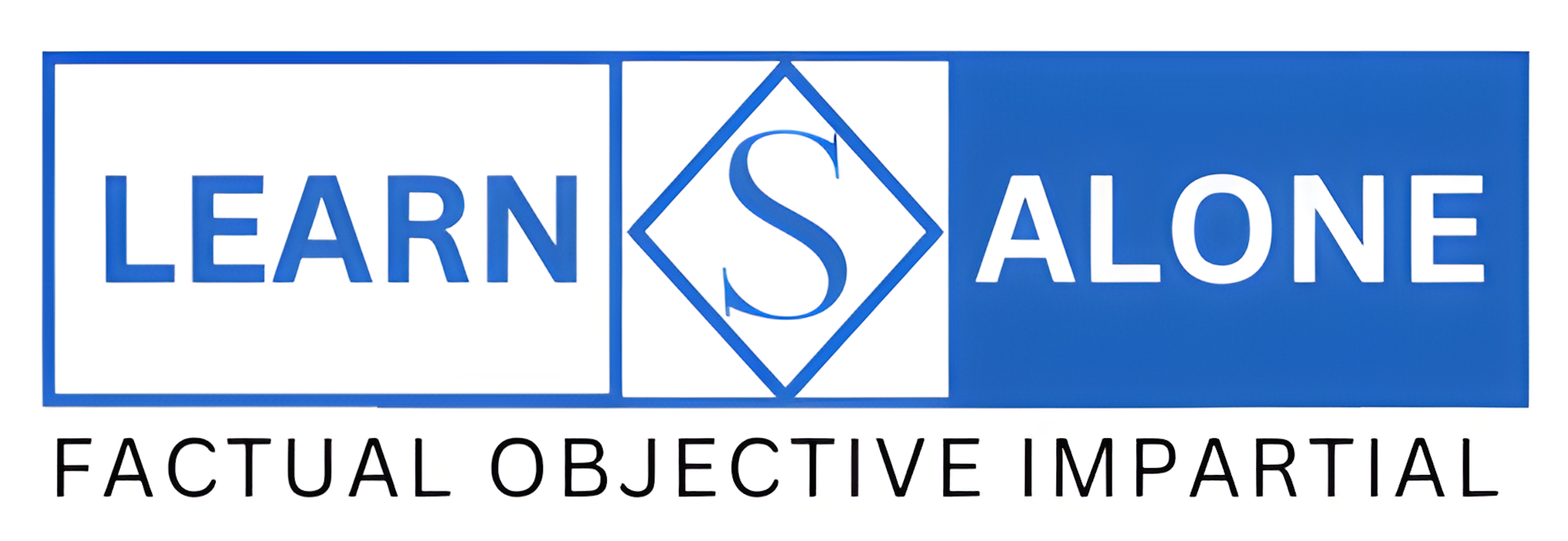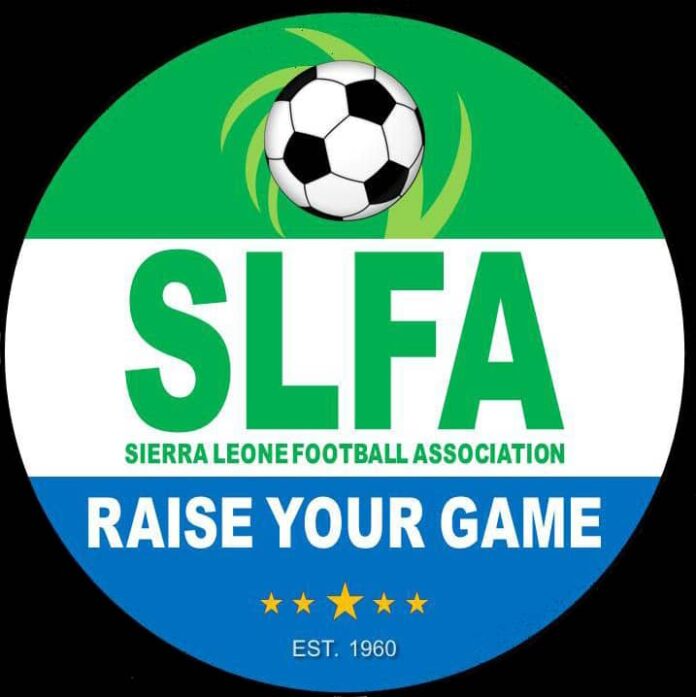By Edward Dictionary Caulker
The recently concluded Elective Congress of the Sierra Leone Football Association (SLFA) has yet again unearthed deep-rooted legal and procedural uncertainties within the governance framework of football in Sierra Leone. Central to the debate this time is the interpretation and application of Article 37, specifically subsections 3 and 5, of the SLFA Constitution two clauses that provide definitive guidance on how official meetings, particularly Elective Congresses, are to be presided over and who has the authority to convene them.
As outlined in the SLFA Constitution, Article 37(3) unequivocally states:
“The President shall preside over the Congress, the Executive Committee, the Emergency Committee meetings, and those committees of which he has been appointed chairman.”
This provision solidifies the President’s exclusive mandate to chair all official gatherings under the SLFA’s banner. Meanwhile, Article 37(5) goes a step further to define the very limited scenarios in which the First Vice President may assume such responsibilities:
“In the event of the death of the President, or if the President is unable to attend Executive Committee meetings for a period of six (6) months, the First Vice President shall deputize. An Extraordinary Congress shall be convened by the First Vice President within ninety (90) days, and a new President shall be elected.”
These two provisions when read together offer clarity on both authority and contingency. The President’s role is irreplaceable except in two very specific cases: either upon their demise or following clearly documented six-month incapacity. These are not minor technicalities; they are constitutional guardrails meant to ensure due process, prevent arbitrary assumption of authority, and protect the democratic fabric of the Association’s operations.
However, during the recent Elective Congress held on Saturday, a serious legal question emerged. The SLFA President was reportedly absent. Yet, rather than delay the event or issue a formal declaration of incapacity, the Congress proceeded under alternative leadership. No official announcement or medical report was presented to confirm that the President had not been incapacitated for six consecutive months, nor, obviously, had the President passed away. Yet, the proceedings continued as if the constitutional prerequisites had been met.
This sequence of events raises a serious red flag. According to Article 37(5), the First Vice President does not possess automatic authority to preside over or convene Congress in the mere absence of the President. The six-month incapacity clause is not just a formality it is a legal threshold. Without a formal declaration or documented justification, any actions taken under the assumption of authority by another official could be viewed as procedurally invalid.
Even more concerning is the involvement or rather, the overreach of the Second Vice President. The SLFA Constitution provides no legal basis for the Second Vice President to assume presidential functions or to convene a Congress under any circumstances. Their involvement, if any, in leading the recent Elective Congress thus poses not only constitutional irregularities but potential legitimacy issues regarding the decisions and outcomes of that Congress.
For legal observers and seasoned football stakeholders, this incident is not just a case of internal disorganization; it is a potential breach of institutional governance. Similar controversies have previously led to international arbitration most notably through the Court of Arbitration for Sport (CAS), where the SLFA has been compelled to answer for statutory violations. Any repeat of such legal misadventures could bring not only reputational damage but also sanctions, invalidated decisions, and a chilling of international goodwill.
The colloquial term “sonkor sonkor” widely used in Sierra Leone to describe procedural shortcuts and murky dealings has become increasingly synonymous with football governance in the country. While some may dismiss these violations as minor or politically motivated, their cumulative effect is far from negligible. They threaten the long-term credibility of SLFA institutions and raise concerns among sponsors, partners, and fans alike.
Statutes, especially in democratic and competitive environments like football governance, are not mere decorations. They are the bedrock upon which trust, legitimacy, and accountability are built. Deviations from them whether deliberate or out of ignorance set dangerous precedents that erode institutional integrity.
As the dust settles from the Congress, critical questions remain: Will the legitimacy of the event be challenged? Will the newly elected officials be asked to revalidate their mandates? Or will the matter be internally swept under the rug in the name of “moving forward”?
One thing is clear: the sustainability of football governance in Sierra Leone hinges not only on talent and resources but also on strict adherence to constitutional procedures. Any move away from this path risks undermining both progress and public trust.
If Sierra Leonean football is to evolve and thrive both domestically and on the international stage then its governance must reflect the same discipline and integrity expected on the pitch. Anything less would be a disservice to the beautiful game.



